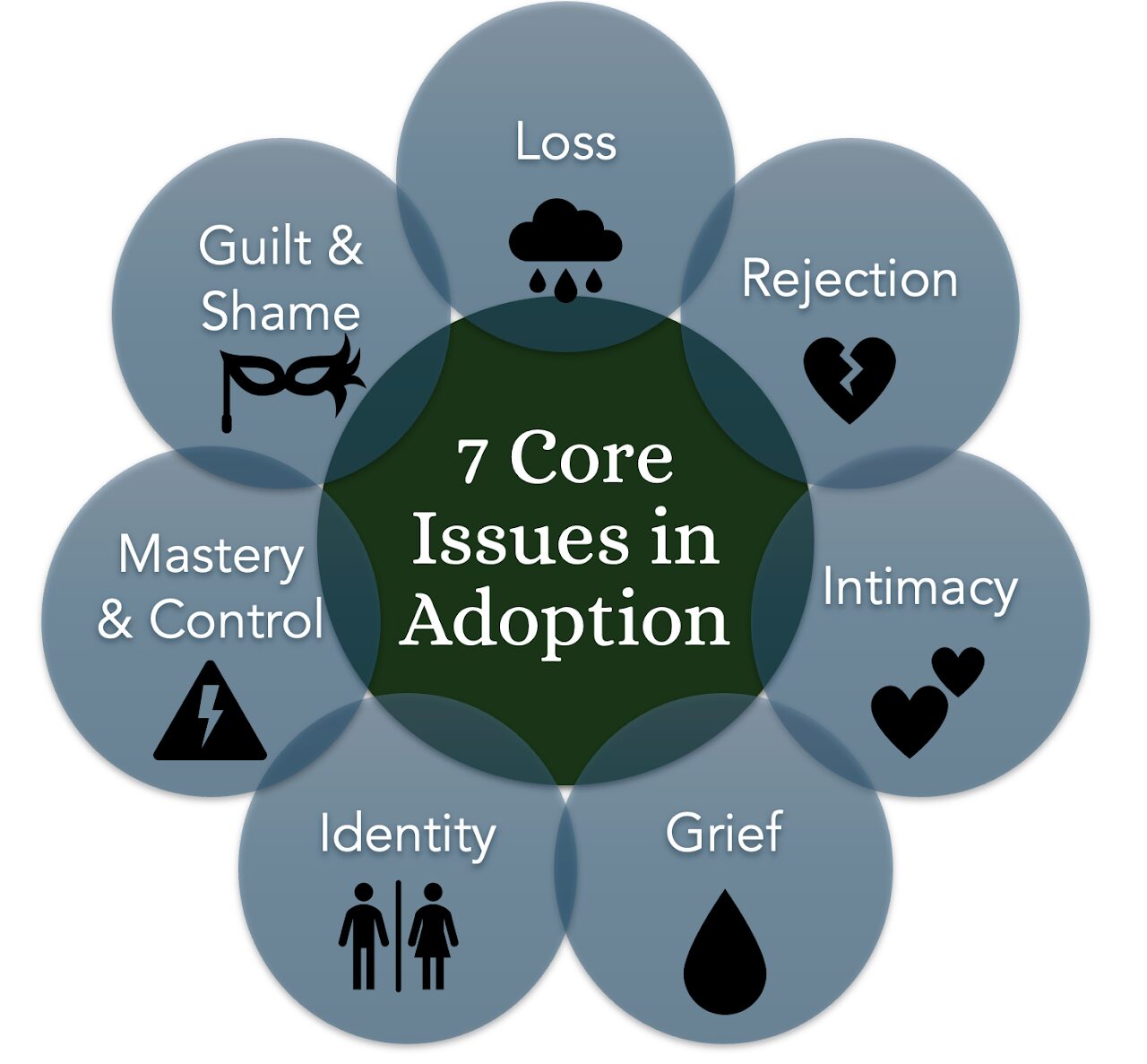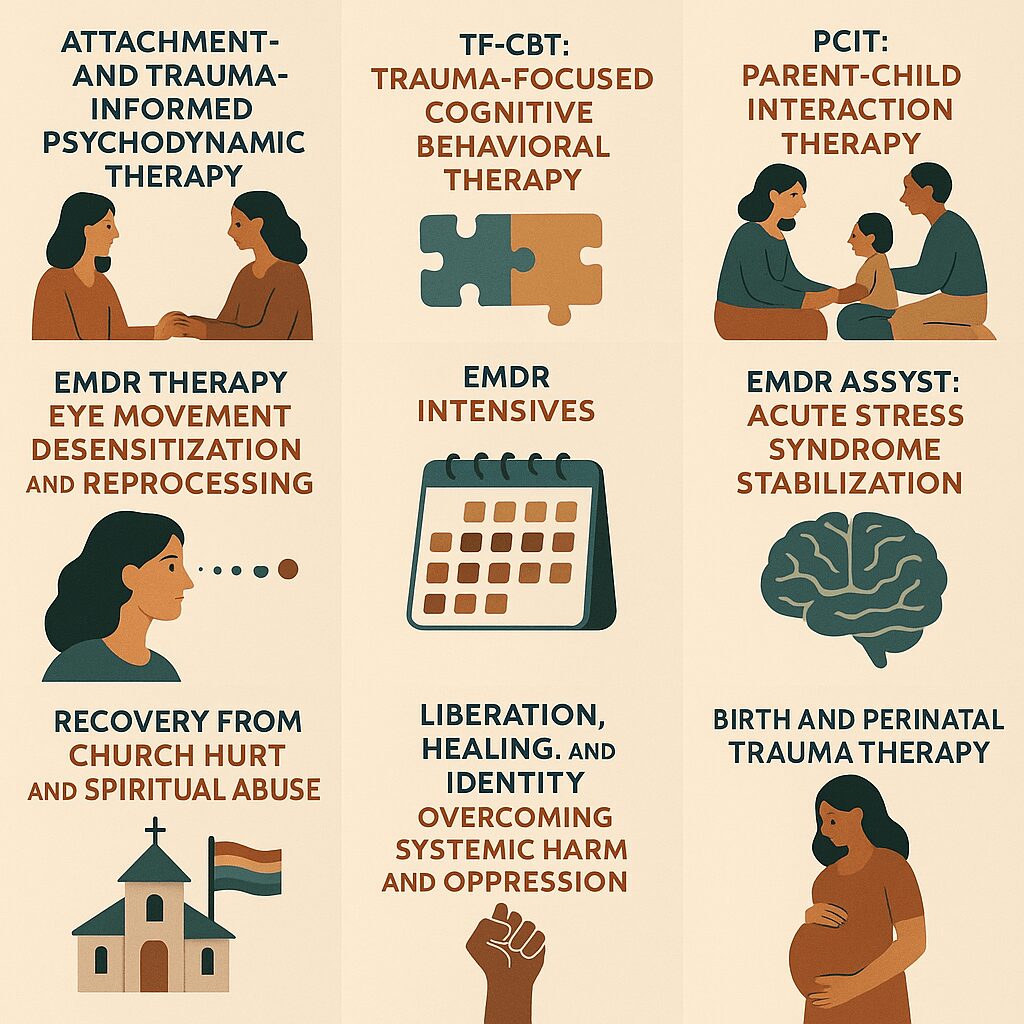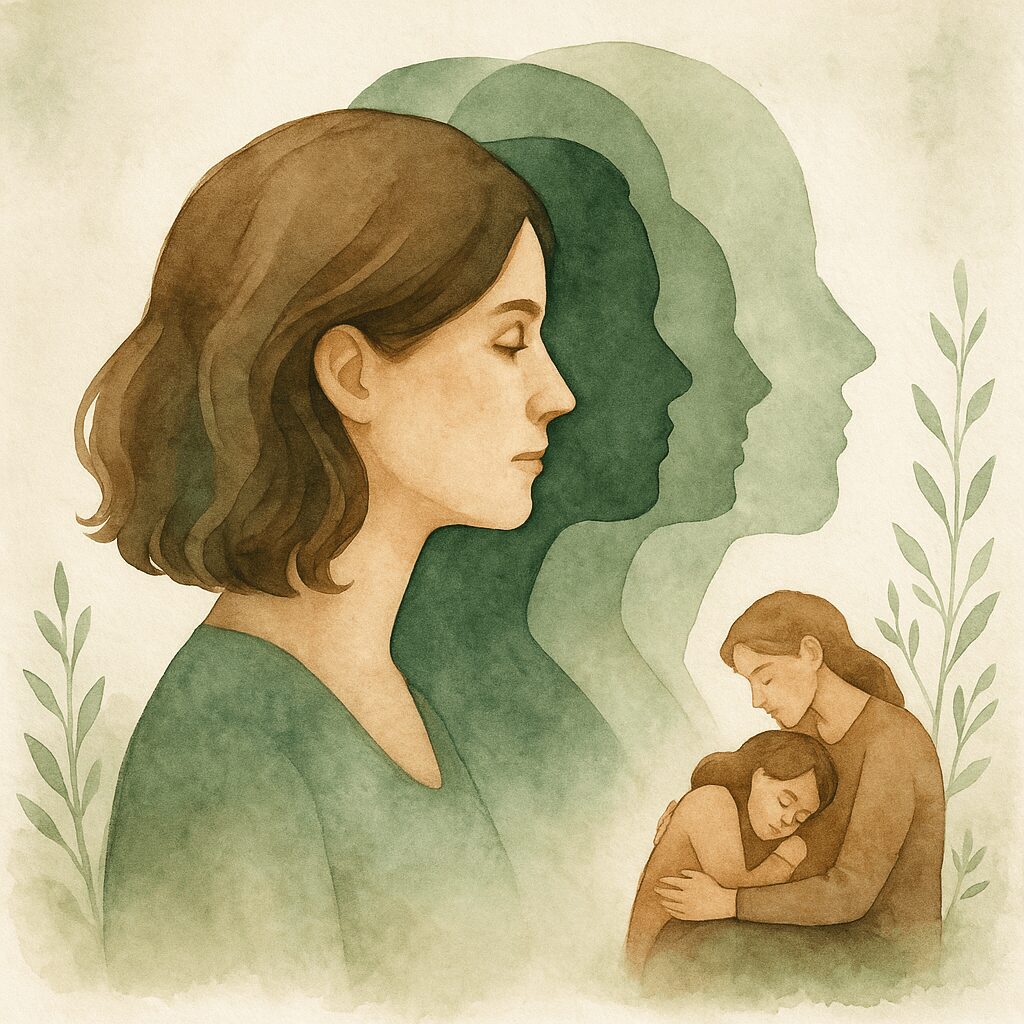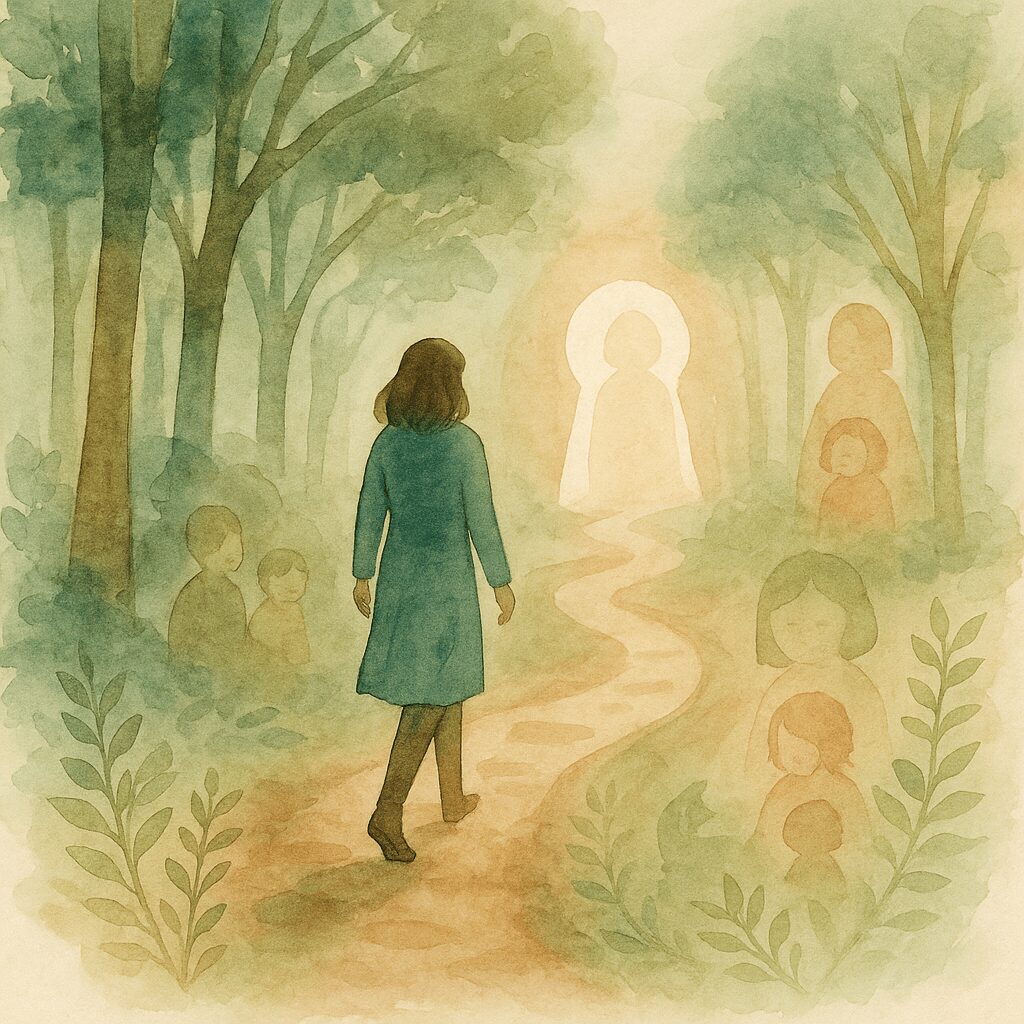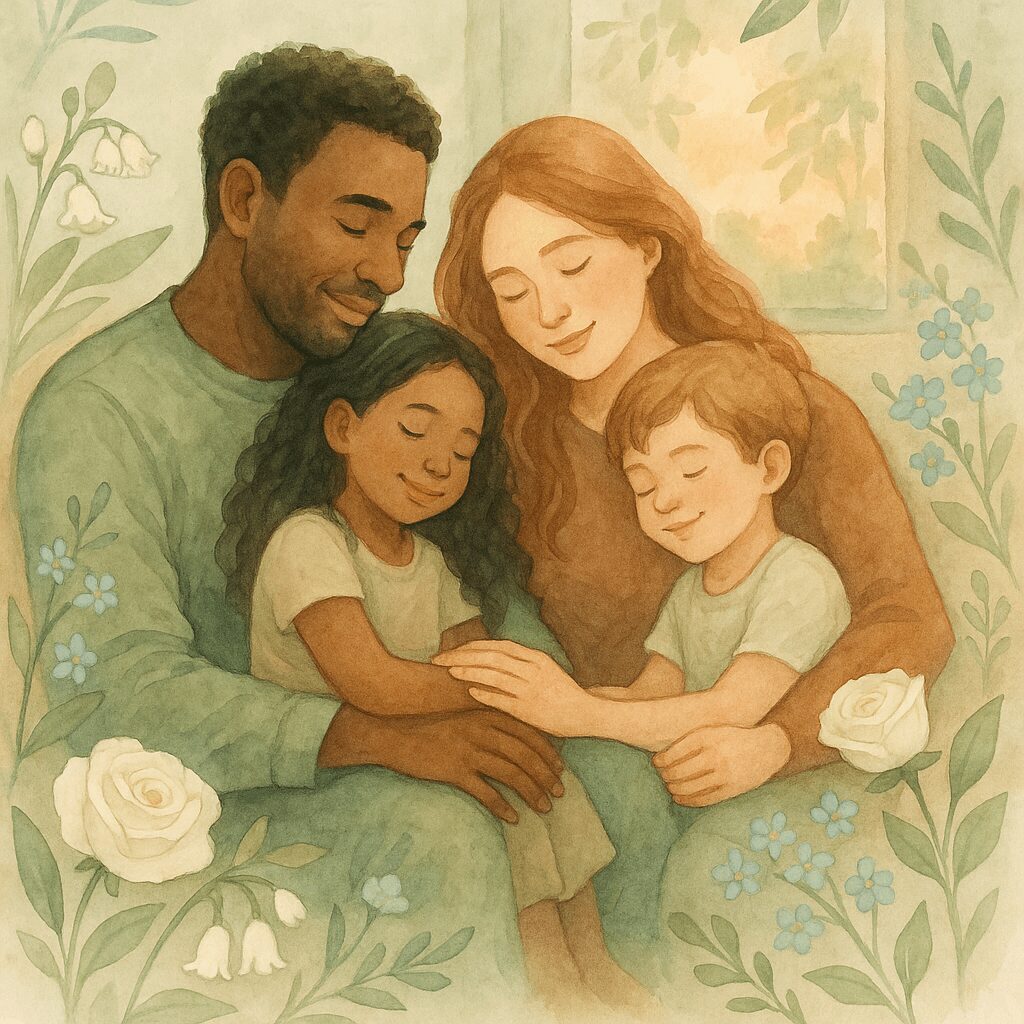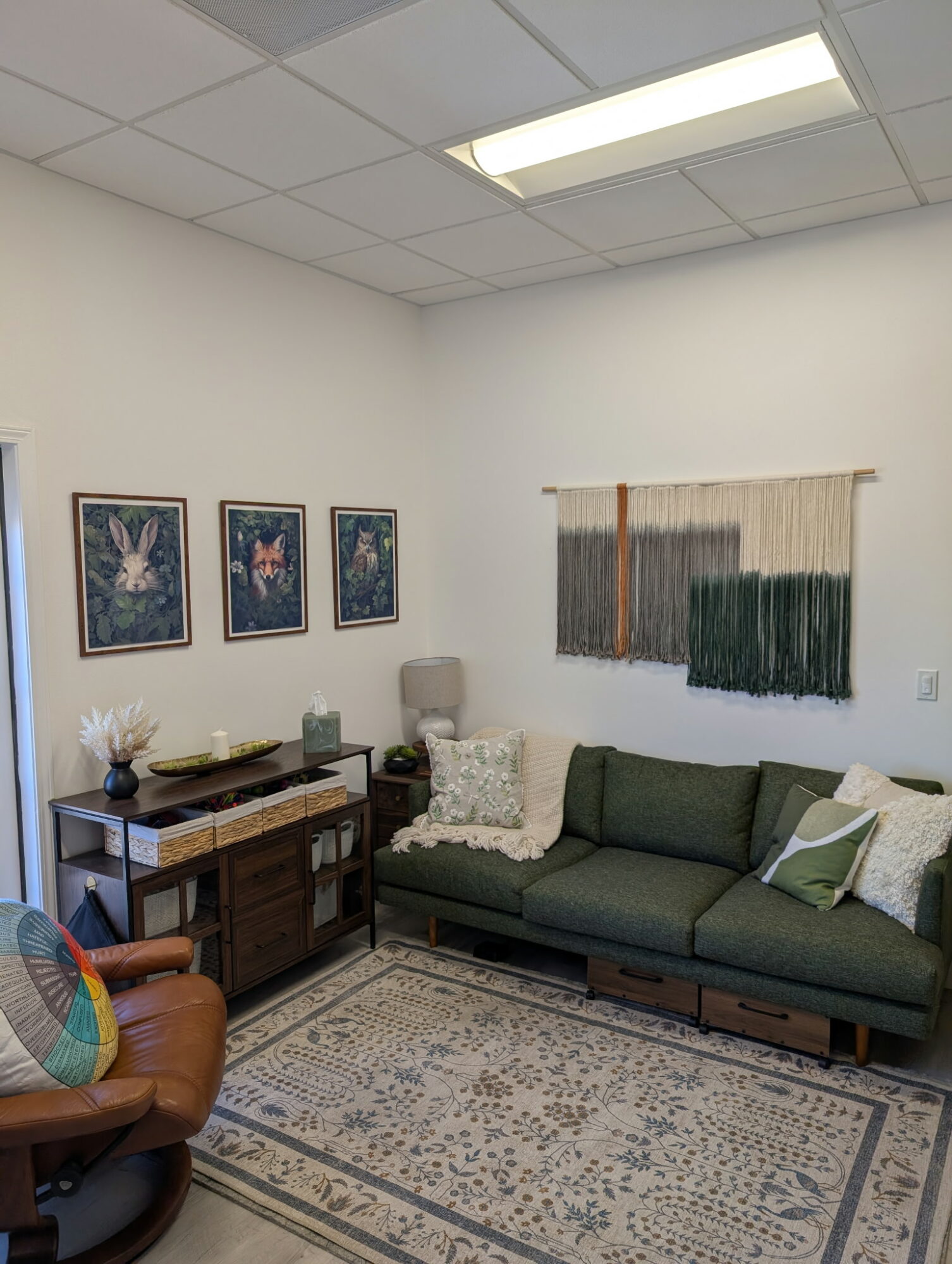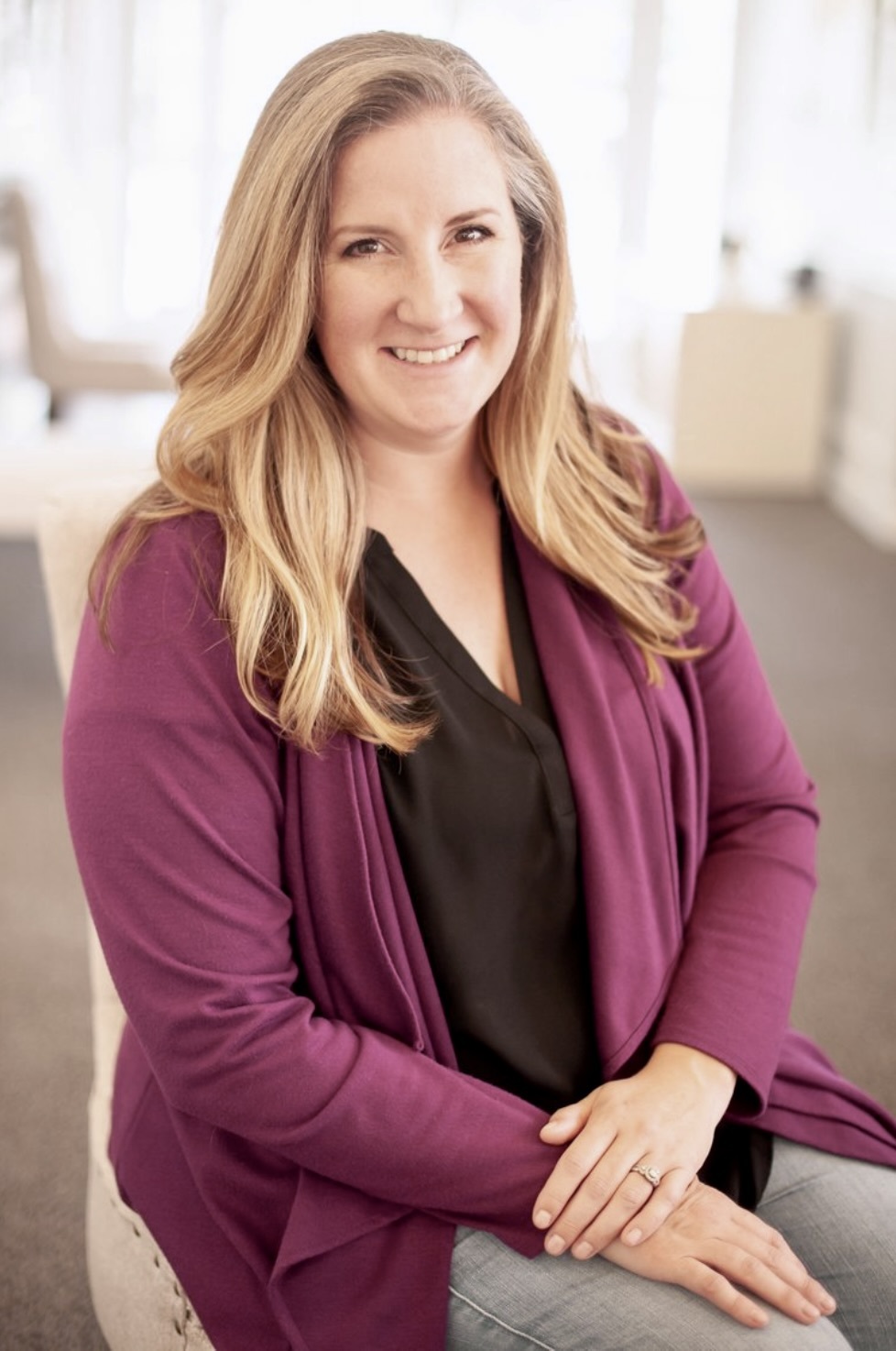

Today we’d like to introduce you to Rachael Berg-Martinez.
Hi Rachael, thanks for sharing your story with us. To start, maybe you can tell our readers some of your backstory.
My journey into psychology was deeply shaped by a combination of personal experiences and a strong desire to support vulnerable communities.
Firstly, my father’s experiences as a Vietnam veteran and the lasting impact on him and our family ignited an early awareness of the profound effects of trauma. This personal understanding fostered a deep empathy and a drive to comprehend and address psychological distress.
Secondly, working with oppressed communities in a youth program moved me profoundly. Witnessing the struggles of these children spurred a commitment to deepen my understanding of the impact of systems and inspired me to provide meaningful support and learn how to recognize my own privilege in walking along side individuals different from me.
Finally, the pervasive impact of adoption within my extended family was a significant catalyst. With over 40 adopted cousins from various backgrounds—foster care, private adoption, foreign and domestic, transracial adoptions, adopted at birth and as teenagers — I was inherently part of a diverse family shaped by histories of trauma, abuse, and neglect and witnessed their parents faced with both doing their best and also falling short in their understanding of trauma and attachment. These dynamics sometimes led to beautiful attachment bonds and outcomes for some of my cousins and tragedy for others. I had to understand why. This unique family context compelled me to pursue a deeper understanding of attachment and complex trauma within family systems and parent-child relationships.
This foundational understanding led me to specialize in trauma, attachment, adoption, and parenting throughout my professional training. My APA-accredited internship at Children’s Hospital Los Angeles (CHLA), specifically within the Project HEAL Child Trauma specialty track, provided crucial early expertise. I further honed these skills during my APA Post-doctoral Fellowship at UCLA TIES for Families, focusing on adoption-specific psychotherapy and the TIES Transition Model for foster and adoptive children and families.
As my career progressed, I continued to deepen my specialization. I became EMDR Certified in 2022, undertaking advanced training in its applications for perinatal trauma, which further enhanced my ability to address complex trauma presentations. Recognizing the critical period around childbirth, I also became Perinatal Mental Health Certified in 2022, enabling me to support parents from preconception through the early years of their child’s life. My work has since encompassed diverse settings, from private practice at Safe Haven Psychology Center, which I founded to create a space designed for those touched by trauma and attachment struggles, to community mental health, and university counseling centers, consistently focusing on trauma, attachment, adoption, and parenting challenges in children, families, and individual adults, with a particular interest in those who are parenting through their own trauma histories and trying to break the chain of trauma for the next generation.
We all face challenges, but looking back would you describe it as a relatively smooth road?
Like any meaningful journey, the path has certainly had its challenges, and it hasn’t always been a smooth road. These struggles, however, have been invaluable in shaping me into the psychologist I am today.
One significant hurdle was navigating the extensive and rigorous academic and clinical training required to become a licensed psychologist, particularly within specialized areas like trauma and adoption. The sheer volume of coursework, demanding internships, and the intensity of post-doctoral fellowships, while incredibly enriching, often required immense dedication and perseverance. Balancing the demands of rigorous clinical hours with the intellectual rigor of research and dissertation work was a constant act of juggling.
Beyond the academic pressures, working deeply with individuals and families impacted by complex trauma and attachment disruptions inherently presents emotional challenges. Bearing witness to profound suffering and the complexities of human resilience can be deeply moving and inspiring but, if not properly metabolized, also emotionally taxing. Learning to maintain professional boundaries, practice consistent self-care, and prevent vicarious trauma and burnout has been an ongoing and crucial aspect of my development, particularly as highlighted in my training and presentations on compassion fatigue and self-care.
Furthermore, building a specialized practice, especially one focused on niche areas like perinatal mental health and assessment of late-diagnosed autism and ADHD, involves its own set of entrepreneurial challenges. From establishing Safe Haven Psychology Center to continually adapting to evolving best practices and navigating the intricacies of healthcare systems, there’s a constant learning curve.
Another particular challenge has been navigating the space between spirituality and religion and identity and mental health. Wanting to integrate spirituality, I gained significant training in spiritual and theological integration with psychology at Rosemead School of Psychology. However, also having a heart for oppressed communities, I found myself often at the crossroads of Christian community and LGBTQIA+ identities. Navigating individuals committed to a faith that would at times participate in rejection and pain in the queer community create conflict that took toiling to resolve personally. Now I am honored to journey with those facing this challenging in themselves.
Each of these struggles has ultimately strengthened my resolve, deepened my compassion, and refined my clinical skills. They’ve reinforced my commitment to continuous learning and have underscored the importance of the supportive community and mentorship I’ve been fortunate to have throughout my career.
Can you tell our readers more about what you do and what you think sets you apart from others?
As a Licensed Clinical Psychologist and the owner of Safe Haven Psychology Center, my work is centered on providing comprehensive and compassionate mental health support. I specialize in the intricate areas of trauma, attachment, adoption, and parenting, working with children, families, and individual adults. My approach is deeply relational and attachment-based, integrating psychodynamic therapy with evidence-based practices such as EMDR, TF-CBT, and PCIT.
I am particularly known for my expertise in complex trauma and attachment difficulties, especially within family contexts and adoption dynamics. My extensive background in these areas allows me to address the unique challenges faced by individuals and families navigating these profound experiences. Furthermore, I’m recognized for my work in perinatal mental health, supporting parents through the journey from preconception to early childhood, and for my specialization in psychological testing for late-diagnosed and high-masking Autism and ADHD. I have been inspired by my clients in all of these areas.
What I am most proud of is the ability to walk alongside individuals and families as they navigate deeply challenging experiences, witnessing their healing and growth. Seeing parents develop stronger, more attuned relationships with their children, and observing individuals reclaim their sense of self after trauma, is incredibly rewarding. I’m also proud of the work I’ve done in training and supervising other clinicians, helping to cultivate a new generation of compassionate and skilled mental health professionals, particularly through my former role as Director of Clinical Training at Cottonwood Psychology Center.
What truly sets me apart is the integration of my diverse professional expertise with my profound personal experiences. My unique family history, rich with adoption stories, multiculturalism, and the impact of trauma, provides an authentic lens through which I understand and connect with my clients’ struggles. This lived experience, combined with rigorous academic training, compassion for oppressed communities, and specialized certifications in areas like EMDR and perinatal mental health, allows me to offer a nuanced and empathetic approach that is both deeply informed and clinically effective. My commitment to culturally sensitive care and spiritual integration further ensures that therapy is holistic and tailored to each individual’s unique background and values.
What do you like best about our city? What do you like least?
I love that Garden Grove and the surrounding areas reflect cultural diversity, resilience, and community. What I like least? Like many, the cost of living and traffic add to the stress of life.
Pricing:
- 275/45 minute therapy session
- 350/hour of psychological testing for autism and/or ADHD
Contact Info:
- Website: https://www.safehavenpsychology.com
- Instagram: https://www.instagram.com/safehavenpsych/
- Facebook: https://www.facebook.com/profile.php?id=61566779817002
- Other: https://www.pinterest.com/SafeHavenPsychology
